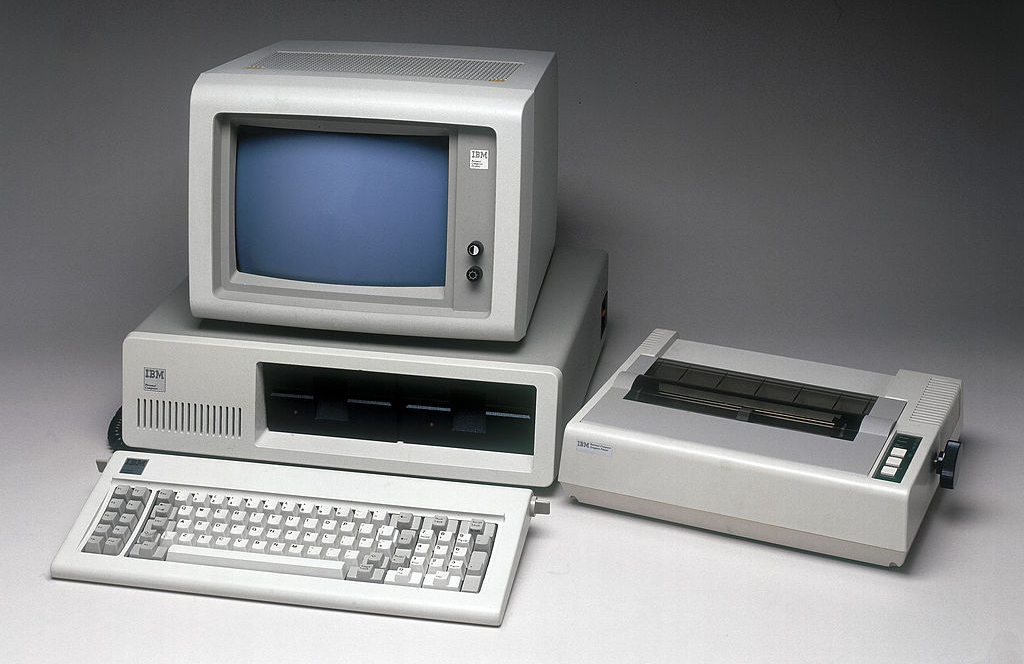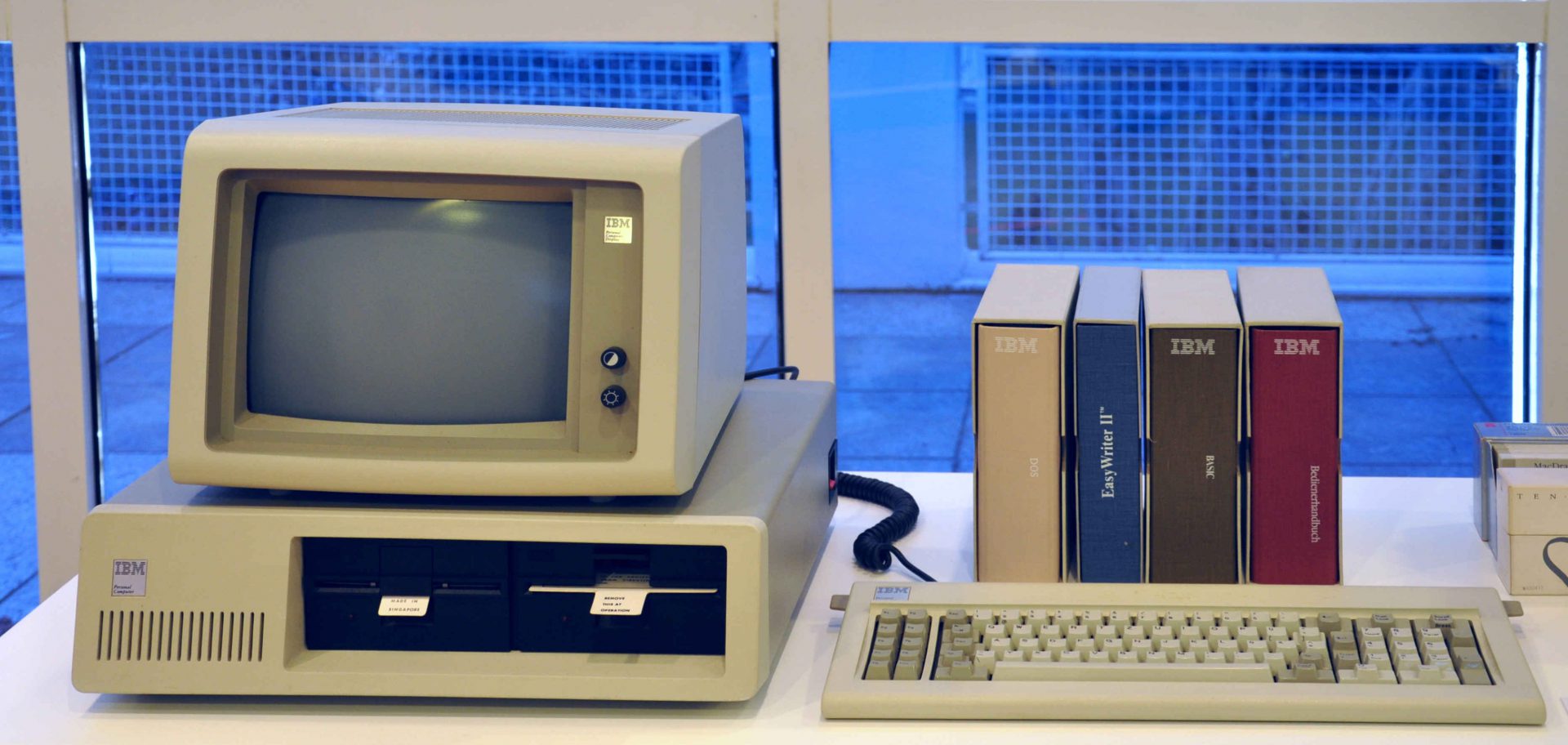
The IBM PC — 44 years old today
Last Updated on February 4, 2026 by David Both
Lead mage by Getty Images.
On August 12, 1981, the IBM PC — the IBM 5150 — was announced to the world. I’d known about it for several months as I’d written the training course for the IBM Customer engineers who were slated to repair it.
That PC turned the computing world upside down — literally. Wresting computational power from the mainframe world, the PC brought that power down to the user’s desktop and spread it to millions of individuals.
There are many on-line accounts of the birth of the IBM PC. Although some of the details differ in those accounts, the fact is that this one device changed computing forever. Although there were already some other microcomputers available, such as the Apple, TRS80, Altair 8800, and more, IBM made the PC a legitimate tool for businesses and individuals with the inherent promise that the PC was supported by the largest computer vendor on the planet.
I attended the meeting at which we were told that IBM planners expected to sell 200,000 units for the entire 5-year lifetime of the product. I’ve seen other sources that say 220,000 units, and another that claims 250,000. I was there and I heard 200,000. This was a gross underestimate of the actual number. Most sources indicate that IBM ultimately sold 1.8 million units of the original IBM PC. That number does not include the PC-XT, PC-AT, or any of the PS/2 series. Just the original 5150.
IBM created not just the Personal Computer as a viable concept, but an entire industry that it was unable to control after the first few years. It left us with what we have today — incredibly fast, inexpensive, and powerful computers everywhere.
Histories
There are multiple histories of the creation of the IBM PC.
I find the history on Wikipedia to be the most complete and probably the most accurate. It covers the politics involved at IBM to get approvals and to create a completely new organization, the development of the hardware, and how IBM obtained DOS.
PCMagazine has a glossy layout from the 40th anniversary that’s focused more on the politics than the techological aspects of the PC’s development.
ArsTechnica has a history that seems to be focused on the way Bill Gates stole DOS from Gary Kildall at Digital Research. But it does contain other interesting information. You just need to ignore the “suspicious deaths” conspiracy theory junk.
